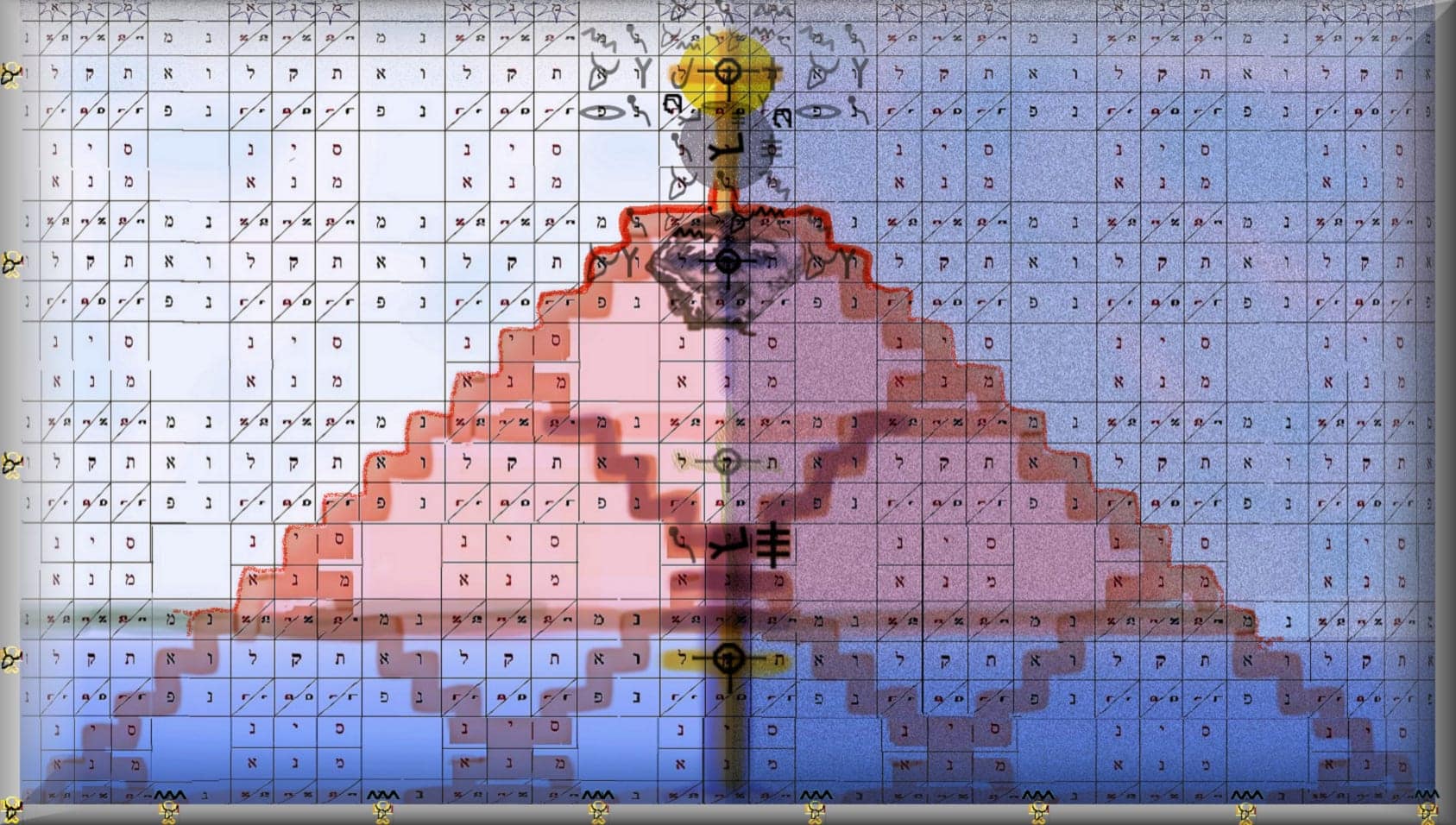- The summary of the article: Mene Tekel Peresin: The gods are judged!
Quick Summary by ChatGPT:
This article explores the biblical story of the “writing on the wall” from the book of Daniel. The author interprets the message, “Mene, Mene, Tekel, Upharsin,” as a prophecy about the judgment of gods. The author uses a combination of biblical numerics, gematria (a method of interpreting Hebrew scriptures by computing the numerical value of words), and pictograms to decode this prophecy.
Full Summary:
The article titled “Part One. Mene Tekel Peresin: The gods are judged!” by Dean Coombs is a fascinating exploration of the biblical phrase “Mene, Mene, Tekel, Uparsin,” which was written on the wall of Babylon the night of its fall. The author delves into the deeper meanings and interpretations of these words, suggesting that they contain multiple layers of significance that go beyond the initial interpretation provided by Daniel in the Bible.
The author begins by discussing the original context of these words, written during a festival likely celebrating the moon god “Sin”. He then explores the potential for additional meanings within these words, suggesting they contain multiple plays on words and hidden messages. The author argues that Daniel only revealed the essential message and that these words have much more mystery.
The author also discusses the concept of the “Mene Mene Tekel Uparsin” matrix, which he suggests can be read in multiple directions and in multiple languages when transliterated. He also suggests that the words were laid out in an array, leading to a complex and multi-layered puzzle.
The author then delves into the potential meanings of each word. For example, “mene” “tekel” and “parsin” were three coins and weights, something that Daniel did not mention, although obvious. Also, “Parsin” was related to the word for Persia, reinforcing Daniel’s interpretation. Moreover, “Parsin” in Aramaic and Hebrew sounds like “The bull of Sin,” the Moon bull-god, which is not a stretch because there is good evidence that the festival held that very night was a festival to Sin, the moon-god.
The author concludes by suggesting that the true depth of the meaning behind these words is beyond human understanding and that they would have caused not only men, such as Belshazzar, to tremble but, indeed, powerful unseen fallen angels masquerading as gods to collapse to their knees also. He suggests that the words contain a greater code, a deep, wide, all-consuming riddle, yet extraordinarily simple at first glance.
This article is a compelling read for anyone interested in biblical studies, ancient languages, or the mysteries of religious texts. The author’s detailed analysis and thought-provoking interpretations provide a fresh perspective on a well-known biblical event. The article encourages readers to delve deeper into the text and consider the potential for hidden meanings and messages.
Parts 2, 3, and 4 of Mene Tekel Uparsin
In the second part, the author continues his exploration of the “writing on the wall” prophecy. He delves deeper into the interpretation of the prophecy, using more complex numerics and pictograms. The author also discusses the significance of the prophecy in the context of modern events and the future.
The third part of the series delves into the interpretation of the prophecy in the context of the lunar calendar. The author discusses the significance of the prophecy in relation to the moon and its cycles. He also explores the connection between the prophecy and various world events.
The final article discusses a mathematical puzzle revealed to the author, which he believes is connected to the “Mene, Mene, Tekel, Upharsin” prophecy. The author discusses the significance of the numbers 430 and 390 in the context of the prophecy and relates them to various world events, including earthquakes and political treaties.

HalleluYah All Glory to Our Sovereign Omnipotent Loving Creator YHWH & Yeshua HaMashiach The Beloved 🍷🥖bread of life & Lamb of God whose shed blood is alive today & Atones for all our sins. Ruach HaQodesh has led me here today and I am ever so grateful✨🌈🌬